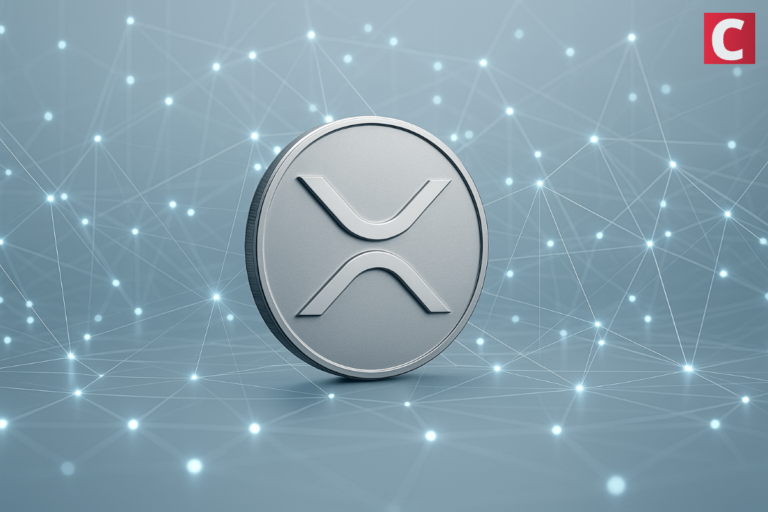Ripple’s CTO explains why XRP is decentralized despite common misconceptions about its leadership and issuance.
David Schwartz, the Chief Technology Officer at blockchain payments firm Ripple Labs Inc, has tried to straighten the narrative that XRP XRP $1.42 24h volatility: 1.8% Market cap: $86.69 B Vol. 24h: $4.07 B is under centralized control.
In his X post, he explained that “XRP has no issuer” and that Brad Garlinghouse is only the CEO of Ripple as a company.
Decentralization is Beyond Definition
The discussion about who controls XRP has been ongoing in the Ripple ecosystem for quite a while. Many of those asking questions about the protocol’s decentralization are concerned that Ripple’s high-profile leadership is a time bomb waiting to explode.
This time around, there are fresh questions about the matter on X.
“If XRP is decentralized, then why is Garlinghouse the face of it and Ripple the issuer??” One X user asked. “I don’t see the same arrangement with BTC.”
Honest question:
If XRP is decentralized, then why is Garlinghouse the face of it and Ripple the issuer??
I don't see the same arrangement with BTC.
— John Puruntong (@GeorgetheHack) May 27, 2025
In response, Schwartz clarified that XRP has no issuer as all the coins had been created from the time of the ledger’s inception. This counters the centralization claims, although Ripple is responsible for distributing XRP.
The firm’s CTO strongly advised that other criteria be used to evaluate a protocol’s decentralization.
Garlinghouse is the CEO of Ripple, a company. XRP has no issuer — all the XRP that will ever exist was created when the ledger was created. Unlike most other blockchains, XRPL has no rivalrous features, so the ledger itself can't really do the initial distribution beyond letting…
— David 'JoelKatz' Schwartz (@JoelKatz) May 27, 2025
He suggested focusing more on desired outcomes like ensuring reliability and preventing control, rather than just on definitions.
The Ripple CTO highlighted the absence of competing features on the XRP Ledger, citing that it does not compete for resources like other blockchains. On this premise, it is less prone to central manipulation.
For those still questioning whether XRPL is decentralized, the Ripple CTO advised, “Ask yourself what you want to be certain will happen and what you want to be certain won’t happen. Then consider what it would take for the things you don’t want to happen to actually occur, or for the things you do want to happen to fail to materialize.”
He shared this thoughtful response to encourage the community to reflect on the fundamental reasons why decentralization is important to them in a blockchain.
Ethereum L2 Base and Potential Centralization Risks
These discussions about centralization risks are becoming a trend in the blockchain ecosystem.
Earlier this month, Ethereum co-founder Vitalik Buterin shared his insight on the matter, pointing out how protocols can scale. Stages 1 and 2 of decentralization involve permissionless fault-proof solutions and security councils reducing centralized control. This is considered a hurdle for most chains to achieve.
Like other Ethereum Layer-2 solutions, the Base network, developed by Coinbase Global Inc. (NASDAQ: COIN), has been working on becoming more decentralized. It has made progress with Stage 1 decentralization by releasing its permissionless fault-proof solution, which aims to enhance security by removing central control from a single entity.
It also marked a significant milestone for the platform and the broader Ethereum ecosystem. By design, the introduced permissionless fault-proof system enhances the overall validation process. It enables anyone to propose or challenge claims about the network’s state in a permissionless manner. Hence, if an invalid claim is made, others can challenge it using the fault-proof mechanism.
How decentralized a chain is may determine which Layer-1 chain will dominate in the future.
next